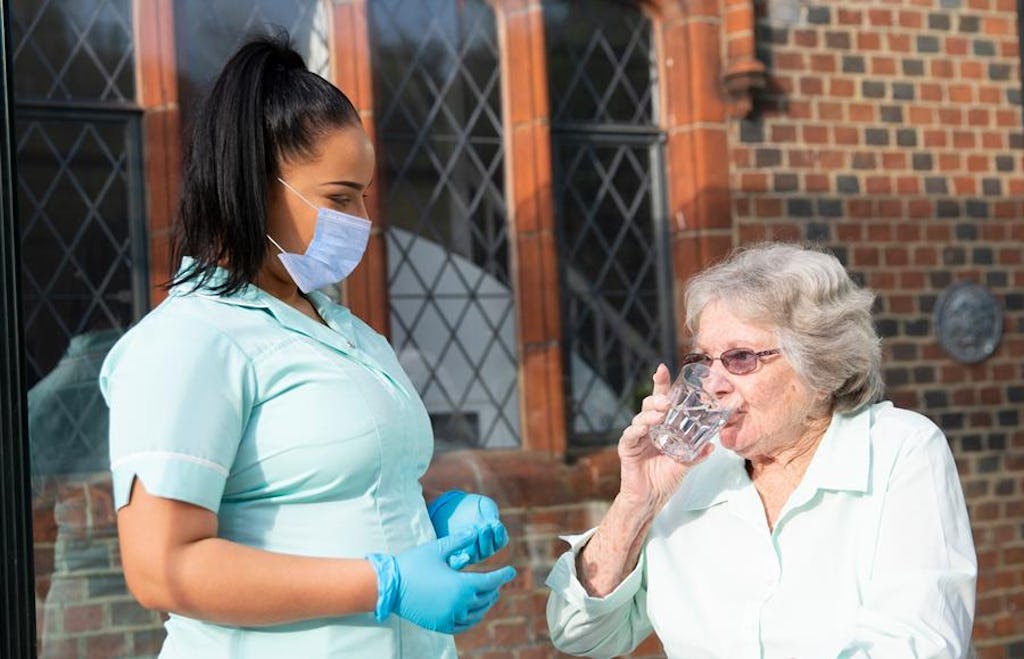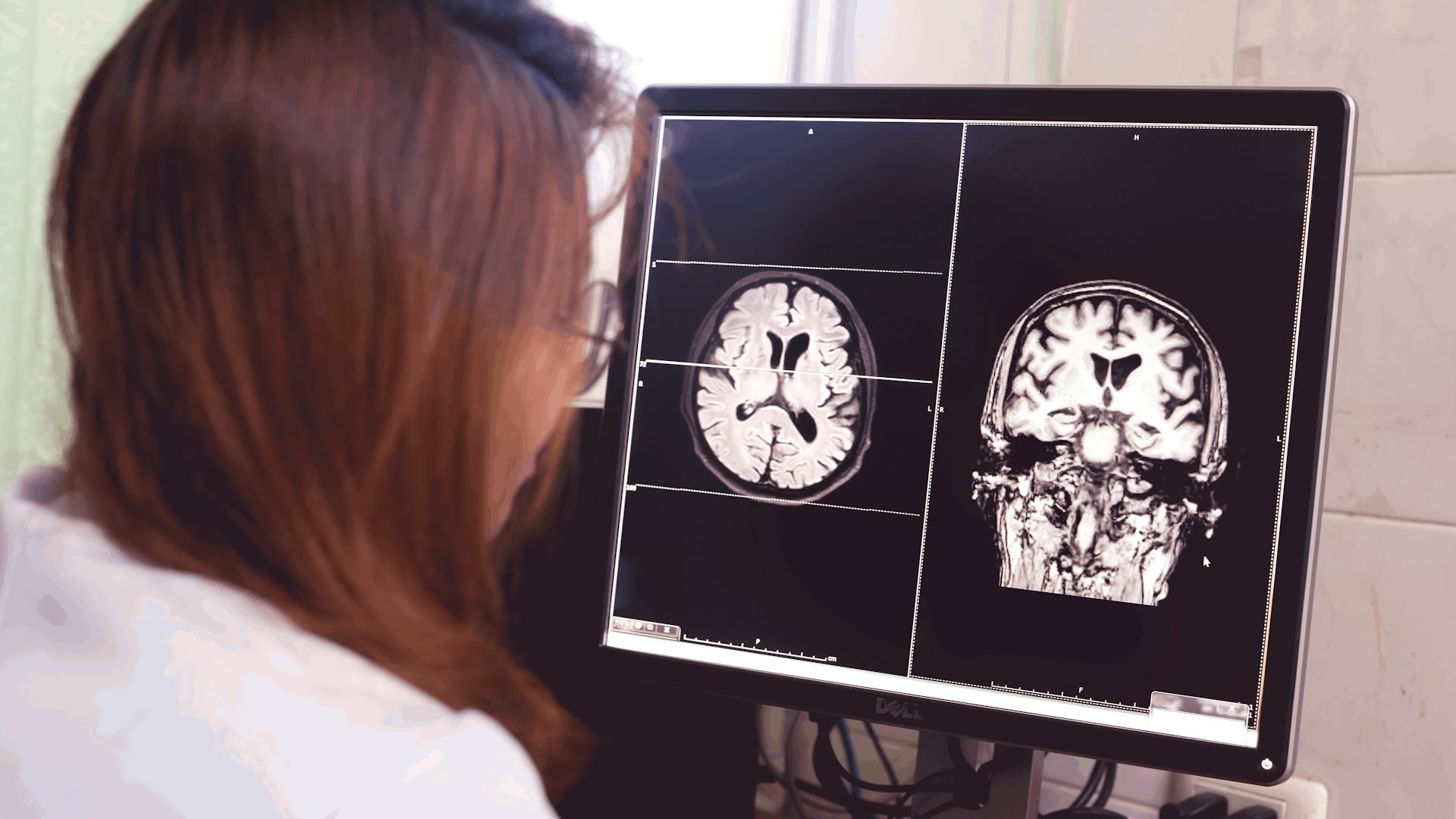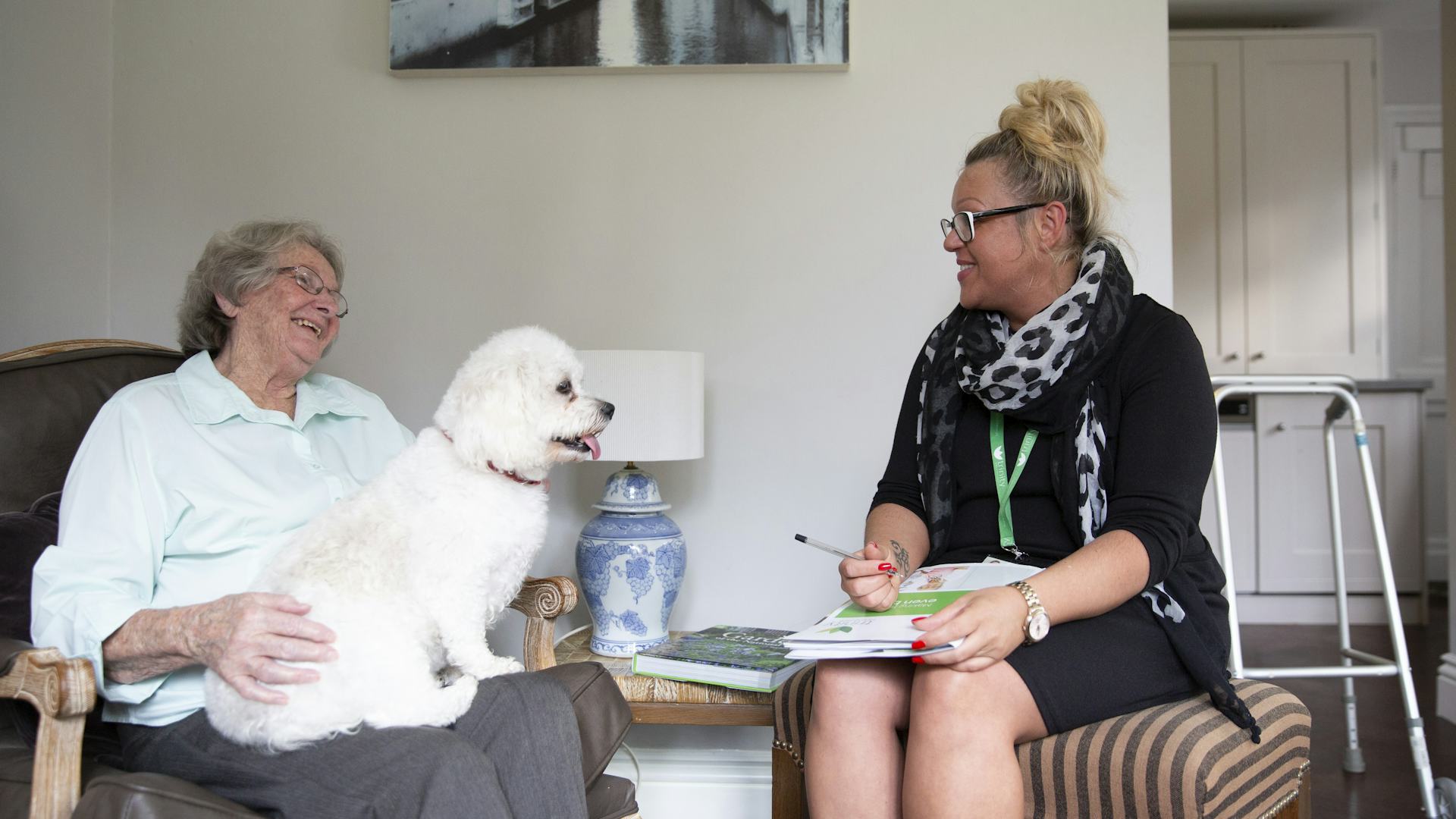Dementia was the highest cause of death in women during 2020

In 2020 Dementia Killed more Women than Covid-19. 2020 is a year most of the world wants to forget. Many will remember it for the devastating effects of Covid-19, however, for women and their families, dementia killed more women than Covid-19 and was the highest cause of death in England and Wales.
Data from Office for National Statistics (ONS) shows that while Covid-19 was the leading cause of death among men and women, with 73,766 deaths totalling 12.1%. Dementia and Alzheimer’s related deaths were only slightly less at 11.5% of the total number of deaths registered in England and Wales.
It is not known why women are affected more than men, and we hope this answer will come soon with more research. With a world-wide pandemic, who would have imagines that in 2020 dementia killed more women than Covid-19.
Was dementia still a high cause of death?
Dementia and Alzheimer’s disease was the highest cause of deaths in women during 2020. Dementia and Alzheimer’s took 45,922 women’s lives in 2020. In men, Dementia and Alzheimer’s disease was the third highest cause of death and Covid-19 was at the top of the list for deaths.
What were the number of deaths due to Covid-19 by pre-existing conditions?

We know that in 2020 Dementia Killed more Women than Covid-19. When you look at the registered deaths in England and Wales for Covid-19 there are also many pre-existing and consequential conditions to consider. Although age played a large part in the number of deaths, age can also be linked to other conditions diagnosed related to the body naturally aging.
Top 5 pre-existing conditions where Covid-19 was the cause of death.
- Dementia and Alzheimer’s disease – 18,420
- Diabetes – 14,658
- Hypertensive diseases – 13,092
- Symptoms signs and ill-defined conditions – 12,035
- Chronic lower respiratory diseases – 11,798
(Pre-existing Condition – Number of deaths due to Covid-19 with this pre-existing condition)
As life expectancy increases, more and more people are now being diagnosed with dementia and Alzheimers disease. Diagnosis rates for dementia and Alzheimer’s was down in 2020, but this is probably due to fewer hospital visits during the pandemic because of the restrictions put in place.
Where are we for better diagnosis and treatment?

With better survival rates from other illness and disease due to medical advances in other conditions such as heart disease, a lot more needs to be done to advance detection and treatment for dementia.
The Government was due to double the amount of funding for research into dementia before the 2019 election. These funds have still yet to be increased as promised. This has possibly been delayed or paused due to the pandemic.
There is still no news when or if this promise is planned to happen.
Now the world is starting to return to a new standard of normal, we are likely to see a spike in the diagnosis of dementia where so many were not diagnosed during the pandemic.
Global Efforts called for due to Dementia Killing more Women than Covid-19 in 2020
If one positive came out of the pandemic, it was to show that on a global scale the world could come together to find scientific and medical answers.
One in three people in the UK are likely to develop dementia
Dementia is high on the fatality list of causes of deaths and many health leaders and experts are now asking for a global effort for improving diagnosis and to develop more treatments.
There is currently no cure for dementia
A new drug Aducanumab has been given conditional approval for use in the US. Hopefully the UK will follow soon. Aducanumab is still with NICE (National Institute for health and Care Excellence) where it is being appraised for clinical and cost effectiveness.
Aducanumab works by targeting the abnormal build-up of proteins in and around the brain cells including beta-amyloid proteins that disrupt neurone function. This helps to treat MCI (Mild Cognitive Impairment) symptoms that occur before the dementia stage of Alzheimer’s disease.
MCI (Mild Cognitive Impairment) can include:
- Mild problems with memory
- Reasoning
- Attention
- Language or visual depth perception
What care is there for Dementia?

With no cure for dementia, a dementia patient carries on life within the normalities they can keep. Delivering effective dementia care requires specialist training. Trained staff often work in several environments from Live-In care, Visiting Care along with providing services such as respite care.
Trinity Homecare provides a specialised and bespoke range of services to help people live well with dementia or Alzheimer’s. Our staff are trained by our internal training team. They only offer the highest quality of training to match our “Outstanding” CQC (Care Quality Commission) rated service. Trinity Homecare have developed an advanced dementia workshop. This workshop is in conjunction with the Alzheimer’s Society and Homecare Association. This has established Trinity Homecare as an approved training centre. Delivering Diploma and Care certificate programmes to our employees as part of their ongoing career pathways.








